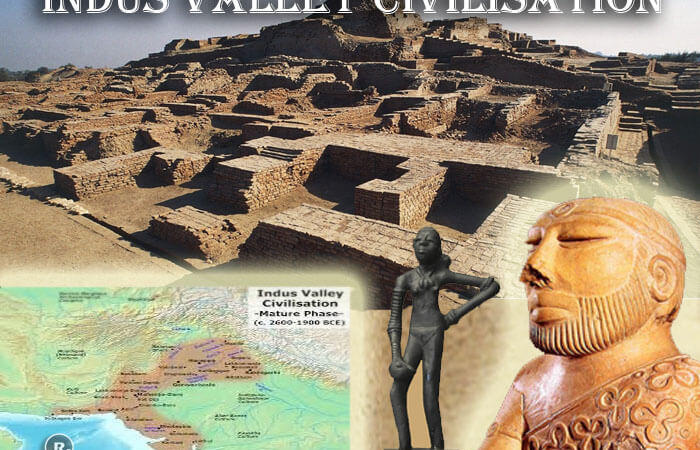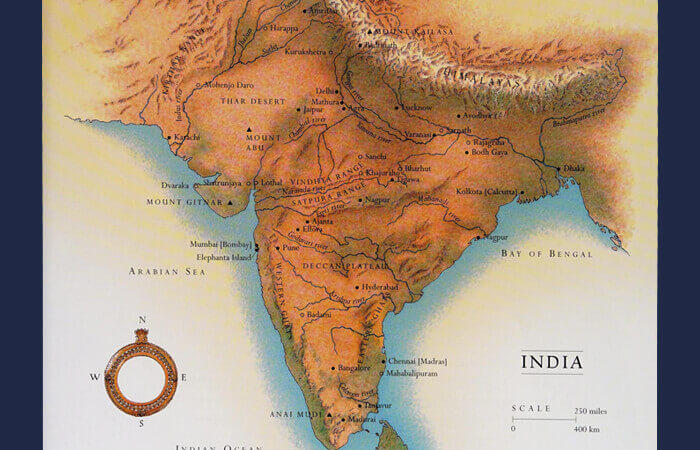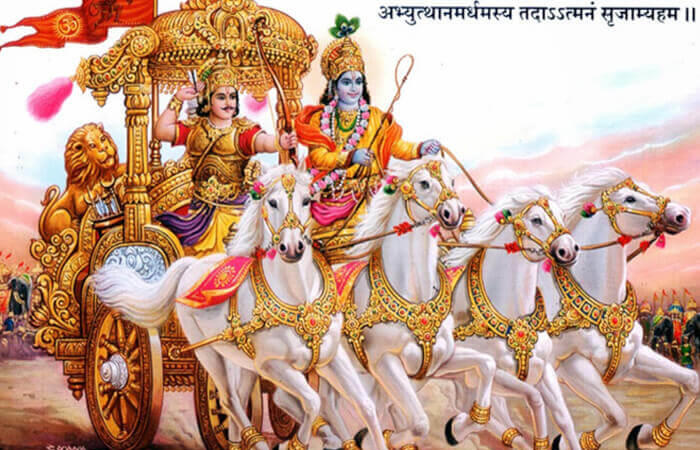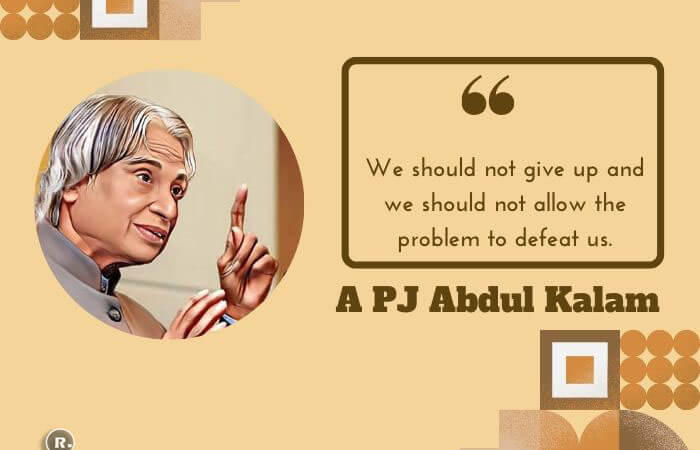Dadabhai Naoroji – Grand Old Man of India
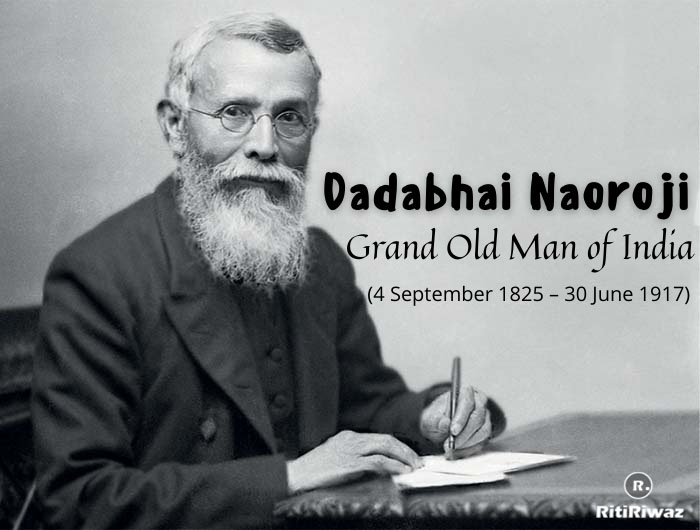
Dadabhai Naoroji, known as the Grand Old Man of India, and Unofficial Ambassador of India, was an educator, social reformer, and political leader. He was one of the people who laid the foundation of the Indian freedom struggle.
He played an important role in the establishment of the Indian National Congress and was also the President thrice. The demand for Swaraj (self-rule) was publicly expressed by him in a presidential speech in 1906. He shot to academic and national fame with his criticism of the British economic policy in India.
Dadabhai Naoroji is also known as an architect and craftsman. The feeling of patriotism was also filled in him, he devoted his whole life to the service of the country and did a lot of work in the interest of the nation.
Fast Facts
Full Name: Dada Bhai Naoroji
Born: 4 September 1825, Mumbai.
Place of Birth: Navsari
Religion: Parsi Zoroastrian
Father: Naoroji Palanji Dordi.
Mother: Manekhbai
Wife: Gulbaai
Education: Elphinstone College.
Occupation: Politician, Merchant, Scholar, Writer
Founder: Co-founder of Indian National Congress
Died: 30 June 1917, Mumbai.
Early life
Dadabhai Naoroji was born on 4 September 1825 in a poor Parsi Zoroastrian family in Bombay. When Dadabhai Naoroji was only four years old, his father Naoroji Palanji Dordi died. He was brought up by his mother Manekhbai who, despite being illiterate, decided that Dadabhai Naoroji should get the best possible English education.
As a student, Dadabhai Naoroji was very good at Mathematics and English. He completed his studies at Elphinstone Institute in Bombay and after completion of education was appointed as a teacher there. Dadabhai Naoroji became a Professor of Mathematics and Physics at the age of 27 at Elphinstone Institute. He was the first Indian to become a lecturer in a school. At the young age of just 11 years, Dadabhai Naoroji was married to Gulbaai, who was 7 years old at that time. Dadabhai also got three children from his marriage.
Dadabhai Naoroji, who belonged to a Parsi priestly family, also formed the Rehnumai Mazdayastri Sabha on August 1, 1851. The main purpose of which was to gather the people of the Parsi religion together and restore the Zoroastrian religion to its original purity. He also made Rast Goftar in 1853, a Gujarati fortnightly to clarify Zoroastrian concepts and promote Parsi social reforms.
Dadabhai Naoroji was a good student of Mathematics and English subjects. This is the reason that after obtaining his master’s degree in mathematics, he became a professor of mathematics and physics at the age of 27 at Elphinstone College, Mumbai in the year 1855.
Political life
By the end of the 19th century, Dadabhai advocated not only before many committees and commissions but also before the British Parliament to remove the evils committed against India and kept warning the high officials that if India’s moral and material If decline continues, Indians will be forced to boycott not only British goods but also British rule, but it did not have any effect.
Dadabhai Naoroji entered politics in 1852 and strongly opposed the renewal of the lease of the East India Company in 1853. In this regard, he also sent many petitions to the British government, but the British government, ignoring his arguments, renewed the lease. Naoroji realized that the apathy of the people led to the British misrule over India. He founded the ‘Gyan Prasarak Mandali’ for the education of adult youth. He wrote many petitions to the Governor and the Viceroy regarding the problems of India. Gradually he realized that the British people and Parliament should be made aware of the plight of India, so in 1855, at the age of 30, he left for England.
In England, Dadabhai Naoroji met many enlightened organizations, gave many speeches, and wrote articles on the plight of India. He founded the ‘East India Association’ on 1 December 1866. This institution included those high officials of India who had access to the members of the British Parliament. Dadabhai Naoroji was elected to the British Parliament in 1892 as a Liberal Party candidate from Central Finsbury. He got a resolution passed in the British Parliament for simultaneous ICS preliminary examinations in India and England. He also got the Wiley Commission and the Royal Commission passed to inform the details of administrative and military expenditure between India and England.
Dadabhai Naoroji played an important role in the establishment of the Indian National Congress founded by AO Hume in 1885. He was elected President of the Indian National Congress thrice (1886, 1893, 1906). During his third term, he prevented the split between moderates and extremists in the party. Congress’s demand for Swaraj (self-rule) was publicly expressed by him in a presidential speech in 1906. According to Naoroji, the nature of protest should be non-violent and constitutional. He died on 30 June 1917 at the age of 92 due to his poor health.
Dadabhai Naoroji was the most important modern Indian leader before Gandhi. It is hard to imagine what Indian nationalism would have looked like without him. We can find his influence in its bedrock ideas, its institutions, its guiding principles, and its ultimate goals.
(Writing in ‘Hind Swaraj’, Gandhi declared Naoroji to be both “the author of nationalism” and “the Father of the Nation”. “Had not the Grand Old Man of India prepared the soil,” concluded Gandhi, “our young men could not have even spoken about Home Rule”.)

